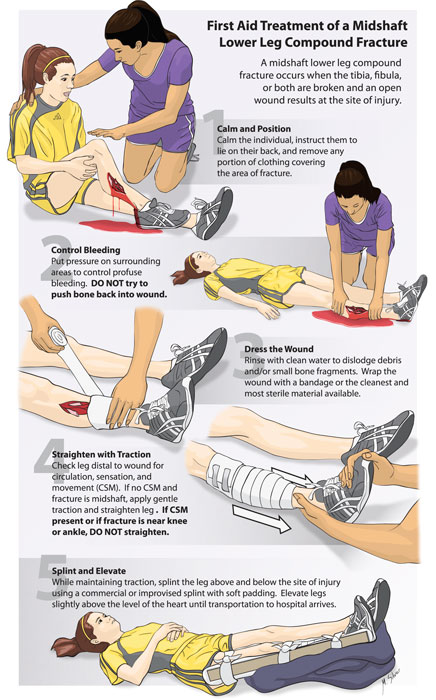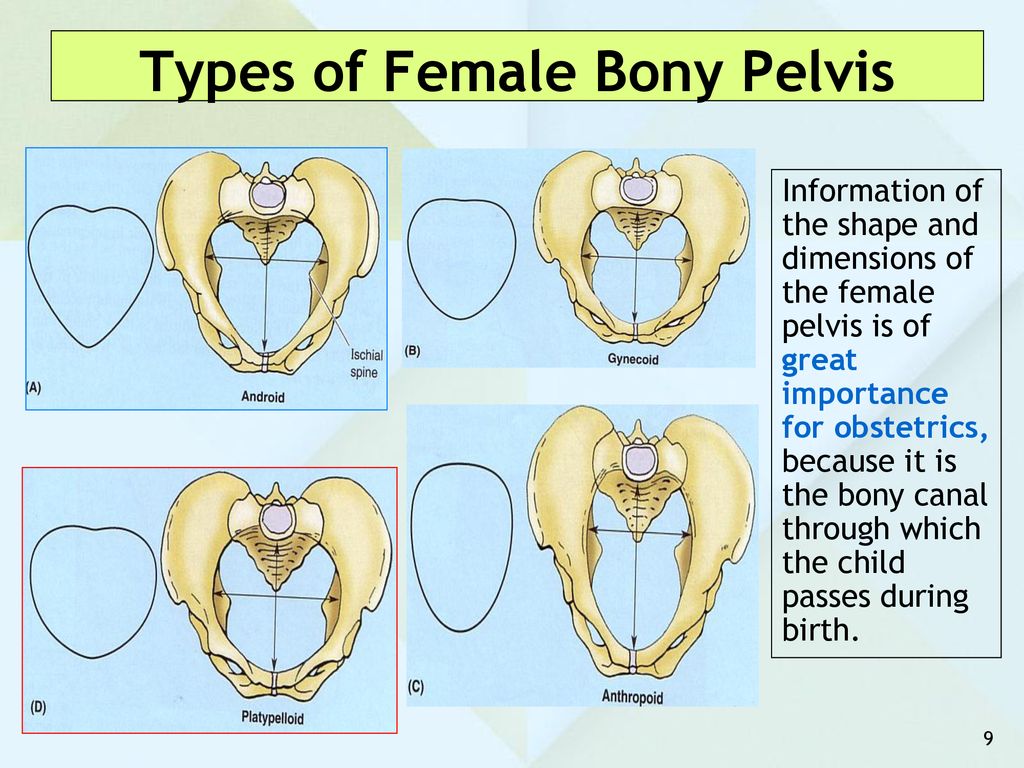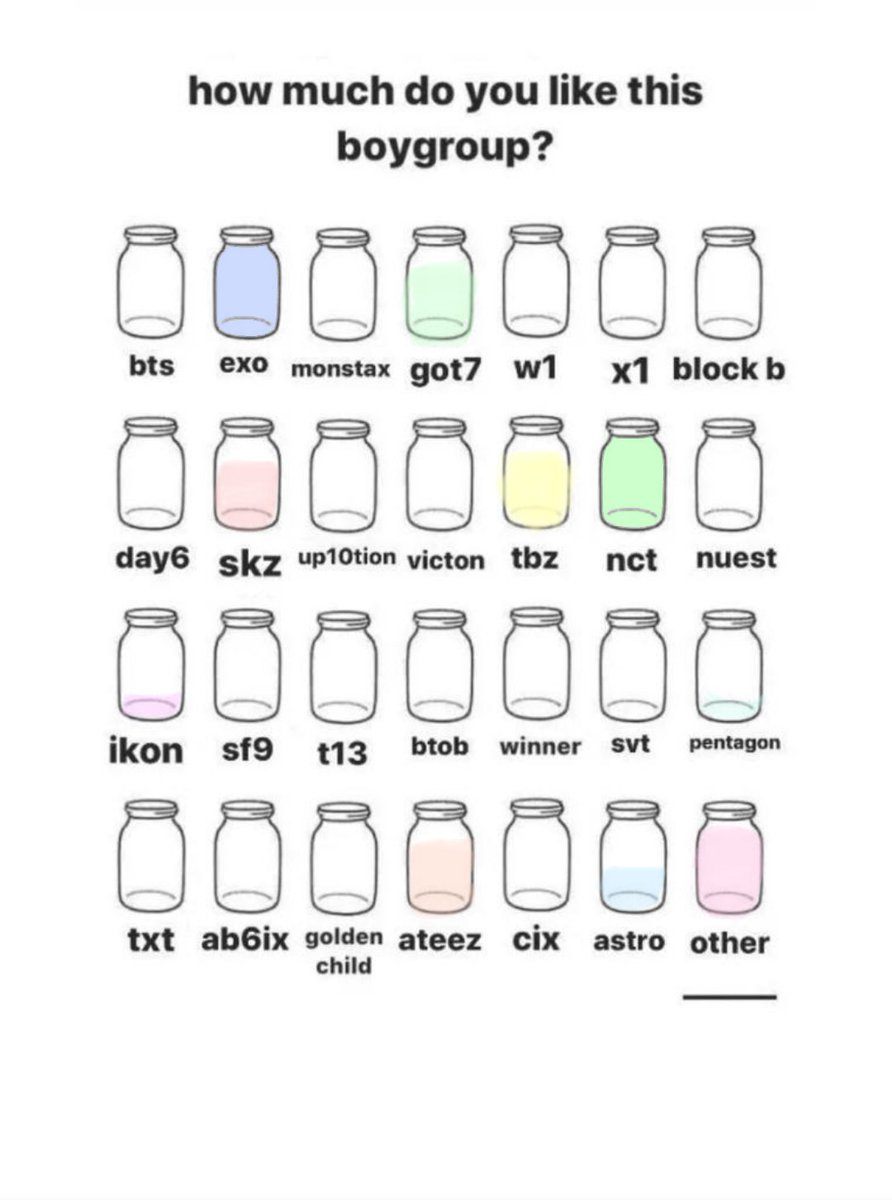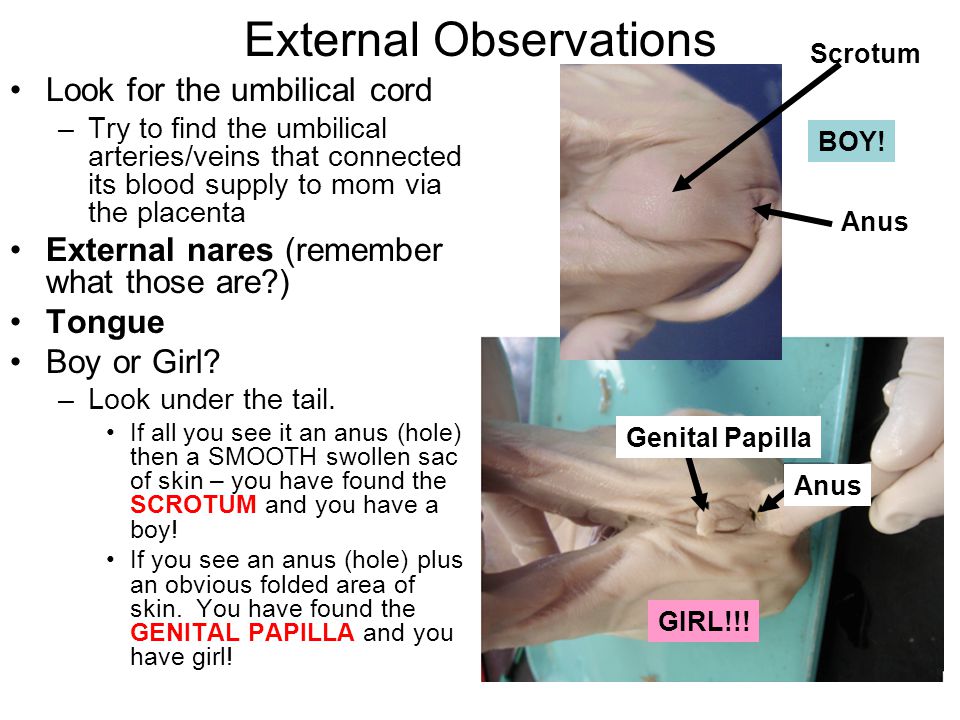How to build a relationship with your child
8 Ways to Strengthen a Parent-Child Relationship
8 Ways to Strengthen a Parent-Child Relationship
July 28, 2020
What parents can do now to build a strong and healthy bond with their child.
By Paige Dorn, LCSW
Therapist/Clinical Lead
Day Treatment
The most important relationship to a child is the one they develop with their parent or caregiver. Children learn about the world around them through a positive parent-child relationship. As they are growing and changing, children look to their parents to determine whether or not they are safe, secure, and loved. It is also the foundation from which they will build their future relationships.
You can build a positive parent-child relationship by being in the moment with your child, spending quality time together, and creating an environment where they feel comfortable to explore. There is no secret handbook or guaranteed approach to get this relationship right, and you’ll likely find hardships along the way. However, if you keep working on improving your relationship, your child will surely blossom.
Continue reading for eight positive-parenting techniques that can help you strengthen the relationship between you and your child:
Show Your Love
Human touch and loving affection is needed at every stage of our lives for healthy emotional and neurobiological development. It is important that your child receive gentle, loving touch (i.e., hugs) from you several times throughout the day. Treat every interaction as an opportunity to connect with your child. Greet them with warm expressions, give eye contact, smile, and encourage honest interaction.
Say “I love you” often
It is often implied that we love our children, but be sure to tell them every day, no matter what age they are. Even when your child is being difficult or does something you don’t like; this can be an excellent opportunity to remind them that you love them unconditionally. A simple “I love you” can have a major impact on your long-term relationship with your child.
A simple “I love you” can have a major impact on your long-term relationship with your child.
Set boundaries, rules, and consequences
Children need structure and guidance as they grow and learn about the world around them. Talk to your children about what you expect of them and make sure they understand. When rules are broken, make sure to have age-appropriate consequences in place and be consistent with them. To learn more about age-appropriate consequences, visit https://www.familyeducation.com/kids/an-age-by-age-guide-to-setting-discipline-consequences-for-kids.
Listen and empathize
Connection starts with listening. Acknowledge your child’s feelings, show them you understand, and reassure them that you are there to help with whatever they need. Try to see things from your child’s perspective. By listening and empathizing with your child, you will begin to foster mutual respect.
Play Together
Play is so important to a child’s development. It is the tool through which children develop language skills, express emotions, foster creativity, and learn about social skills. Additionally, it is a fun way for you to strengthen your relationship with your child. It does not matter what you play. The key is to just enjoy each other and commit to giving your child your undivided attention.
It is the tool through which children develop language skills, express emotions, foster creativity, and learn about social skills. Additionally, it is a fun way for you to strengthen your relationship with your child. It does not matter what you play. The key is to just enjoy each other and commit to giving your child your undivided attention.
Be available and distraction-free
Setting aside just 10 minutes a day to talk to to your child, without distractions, can make a big difference in establishing good communication habits. Turn off the TV, put away your electronic devices, and spend some quality time together. Your child needs to know that you believe they are a priority in your life despite the many distractions and stressors that come your way.
Eat meals together
Eating together as a family can often lead to great conversation and bonding time with your child. Encourage everyone to put their phones or other devices away and simply enjoy each other’s company.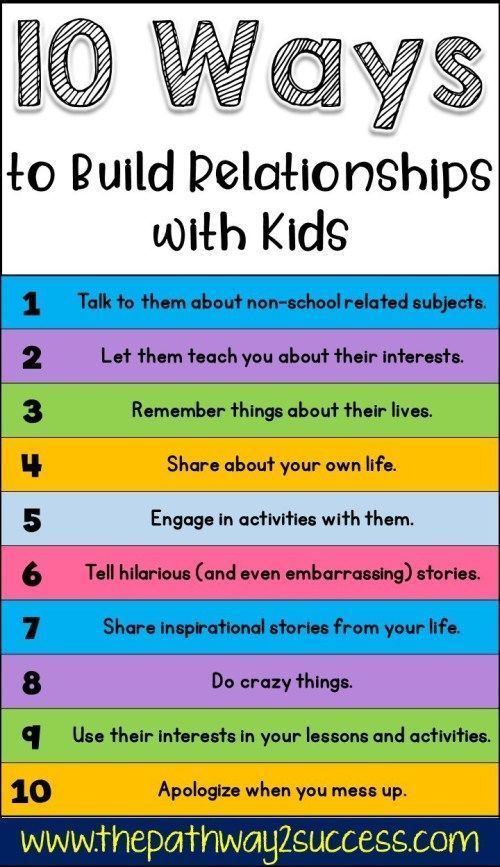 Meal time is also a great opportunity for you to teach your children the importance of a healthy and balanced diet, which also effects their overall mental health.
Meal time is also a great opportunity for you to teach your children the importance of a healthy and balanced diet, which also effects their overall mental health.
Create parent-child rituals
If you have more than one child, try to make a point of spending individual time with each of them. Quality, one-on-one time with your child can strengthen the parent-child bond, builds up your child’s self-esteem, and lets them know that they are special and valued. Some parents schedule in special “date nights” with their children to create that one-on-one opportunity (whether it’s a walk around the neighborhood, a trip to the playground, or just a movie at home – it’s important to celebrate each child individually).
Need Additional Support?
Family Services offers several programs to parents and youth throughout Northeast Wisconsin to support and guide parents in establishing a positive parent-child relationship. To learn more about our program offerings, click here.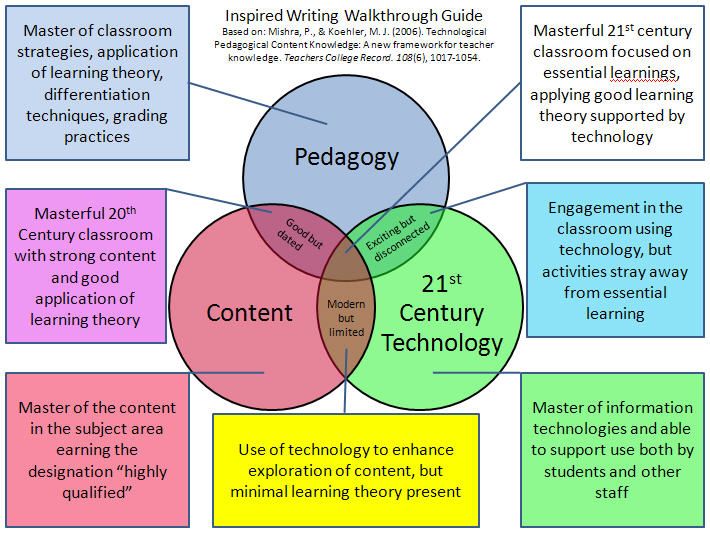 We also offer a number of parenting classes and workshops in the Fox Valley. You can view our current Parenting Class schedule here.
We also offer a number of parenting classes and workshops in the Fox Valley. You can view our current Parenting Class schedule here.
Sources:
https://www.parentingni.org/blog/parent-child-relationship-why-its-important/#:~:text=A%20child%20who%20has%20a,optimistic%20and%20confident%20social%20behaviours.
https://www.verywellfamily.com/tips-to-strengthen-families-617242
https://www.thepillarsclc.com/why-a-parent-child-relationship-is-important/
Recognizing Red Flags: I…
Read MoreThe Power of Pause: How …
Read MoreJune Project Protect Newsletter
Inside this newsletter: Mental Health Month impact, summer parenting workshops, Green & Gold Gala, and more…
Read MoreView All »
Tagged parentingBuilding a Great Relationship with Your Child | AhaParenting.
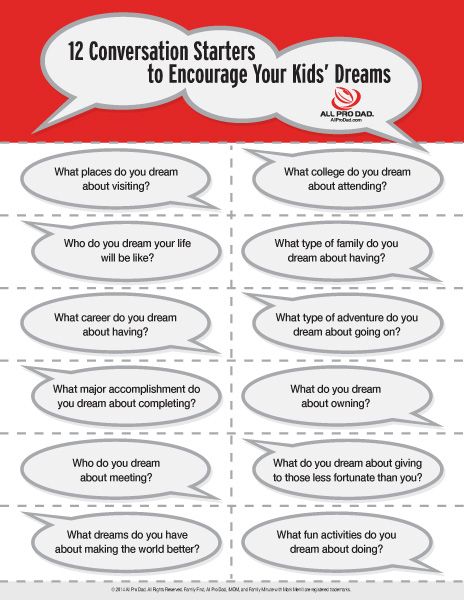 com
comIt isn’t enough that we tell our children we love them. We need to put our love into action every day for them to feel it.
"But what does that mean, putting our love into action?"
Mostly, it means making that connection with our child our highest priority. Love in action means paying thoughtful attention to what goes on between us, seeing things from the our child's point of view, and always remembering that this child who sometimes may drive us crazy is still that precious baby we welcomed into our arms with such hope.
"Doesn't that take a lot of energy?"
It takes a lot of effort to fully attend to another human being, but when we are really present with our child, we often find that it energizes us and makes us feel more alive, as being fully present with anyone does. Being close to another human takes work. But 90% of people on their deathbed say that their biggest regret is that they didn't get closer to the people in their lives.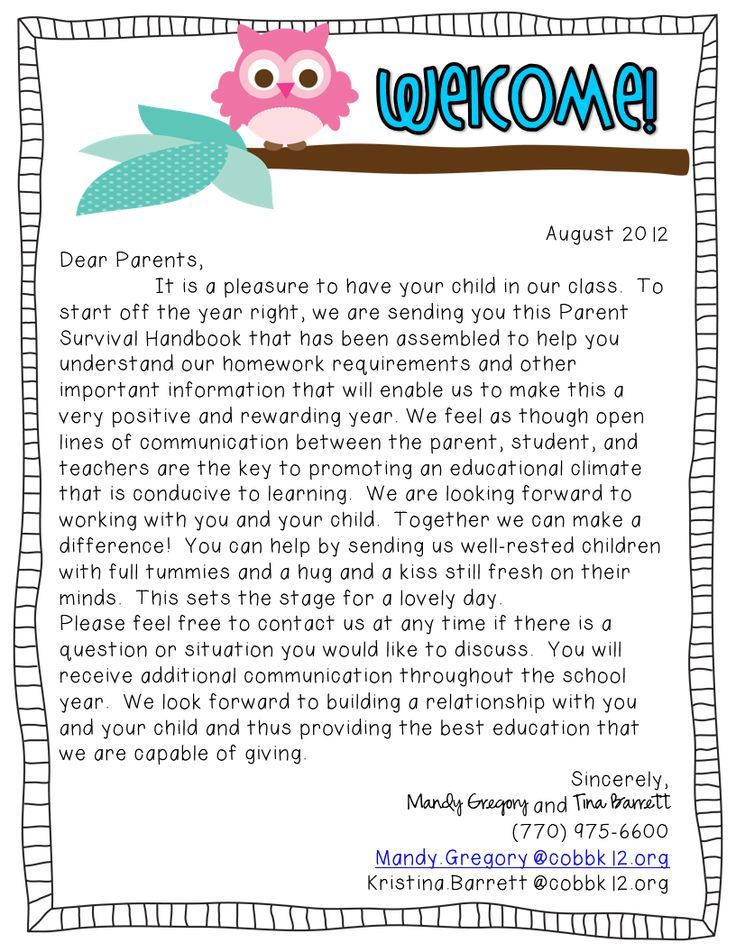 And almost all parents whose children are grown say they wish they had spent more time with their kids.
And almost all parents whose children are grown say they wish they had spent more time with their kids.
"Being fully present? How can I do that when I'm just trying to get dinner on the table and keep from tripping over the toys?"
Being present just means paying attention. Like a marriage or a friendship, your relationship with your child needs positive attention to thrive. Attention = Love. Like your garden, your car, or your work, what you attend to flourishes. And, of course, that kind of attentiveness takes time. You can multi-task at it while you're making dinner, but the secret of a great relationship is some focused time every day attending only to that child.
"This is all too vague for me. What am I supposed to actually DO?"
1. Start right for a firm foundation.
The closeness of the parent-child connection throughout life results from how much parents connect with their babies, right from the beginning.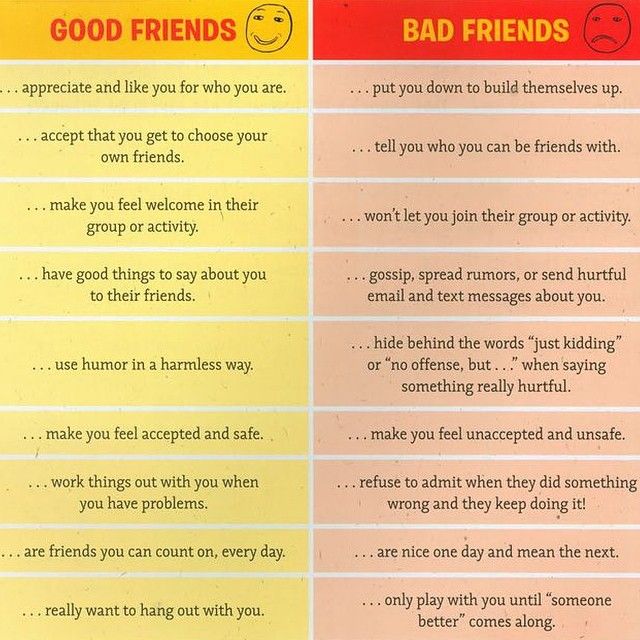 For instance, research has shown that fathers who take a week or more off work when their babies are born have a closer relationship with their child at every stage, including as teens and college students. Is this cause and effect? The bonding theorists say that if a man bonds with his newborn, he will stay closer to her throughout life. But you don't have to believe that bonding with a newborn is crucial to note that the kind of man who treasures his newborn and nurtures his new family is likely to continue doing so in ways that bring them closer throughout her childhood.
For instance, research has shown that fathers who take a week or more off work when their babies are born have a closer relationship with their child at every stage, including as teens and college students. Is this cause and effect? The bonding theorists say that if a man bonds with his newborn, he will stay closer to her throughout life. But you don't have to believe that bonding with a newborn is crucial to note that the kind of man who treasures his newborn and nurtures his new family is likely to continue doing so in ways that bring them closer throughout her childhood.
2. Remember that all relationships take work.
Good parent-child connections don’t spring out of nowhere, any more than good marriages do. Biology gives us a headstart -- if we weren’t biologically programmed to love our infants the human race would have died out long ago -- but as kids get older we need to build on that natural bond, or the challenges of modern life can erode it.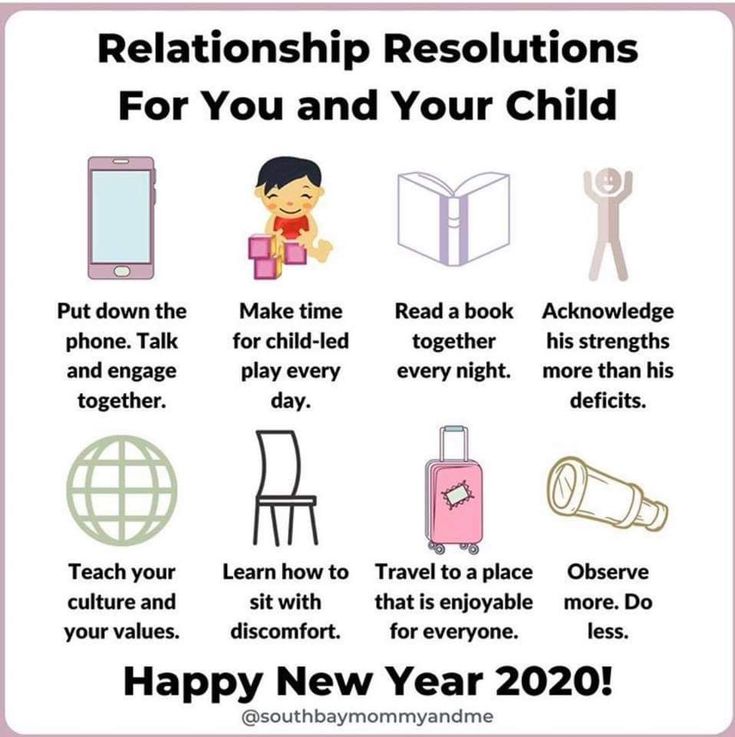 Luckily, children automatically love their parents. As long as we don't blow that, we can keep the connection strong.
Luckily, children automatically love their parents. As long as we don't blow that, we can keep the connection strong.
3. Prioritize time with your child.
Assume that you'll need to put in a significant amount of time creating a good relationship with your child. Quality time is a myth, because there’s no switch to turn on closeness. Imagine that you work all the time, and have set aside an evening with your husband, whom you’ve barely seen in the past six months. Does he immediately start baring his soul? Not likely.
In relationships, without quantity, there’s no quality. You can’t expect a good relationship with your daughter if you spend all your time at work and she spends all her time with her friends. So as hard as it is with the pressures of job and daily life, if we want a better relationship with our kids, we have to free up the time to make that happen.
4. Start with trust, the foundation of every good relationship.

Trust begins in infancy, when your baby learns whether she can depend on you to pick her up when she needs you. By the time babies are a year old, researchers can assess whether babies are “securely attached” to their parents, which basically means the baby trusts that his parents can be depended on to meet his emotional and physical needs.
Over time, we earn our children’s trust in other ways: following through on the promise we make to play a game with them later, not breaking a confidence, picking them up on time.
At the same time, we extend our trust to them by expecting the best from them and believing in their fundamental goodness and potential. We trust in the power of human development to help our child grow, learn, and mature. We trust that although our child may act like a child today, he or she is always developing into a more mature person (just as, hopefully, we are.) We trust that no matter what he or she does, there is always the potential for positive change.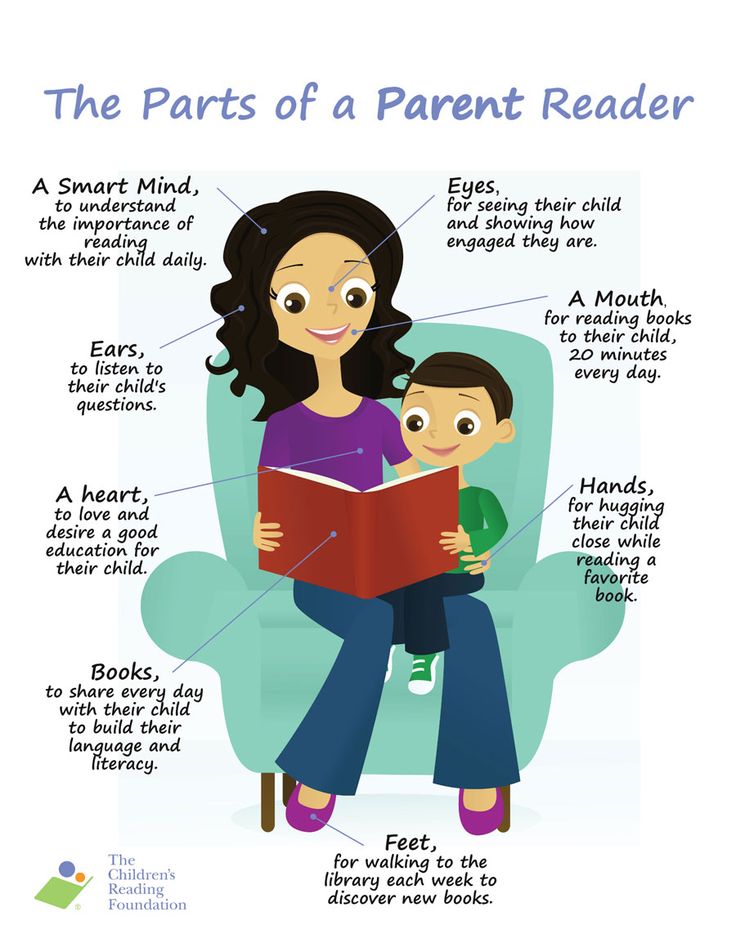
Trust does not mean blindly believing what your teenager tells you. Trust means not giving up on your child, no matter what he or she does. Trust means never walking away from the relationship in frustration, because you trust that she needs you and that you will find a way to work things out.
5. Encourage, Encourage, Encourage.
Think of your child as a plant who is programmed by nature to grow and blossom. If you see the plant has brown leaves, you consider if maybe it needs more light, more water, more fertilizer. You don't criticize it and yell at it to straighten up and grow right.
Kids form their view of themselves and the world every day. They need your encouragement to see themselves as good people who are capable of good things. And they need to know you're on their side. If most of what comes out of your mouth is correction or criticism, they won't feel good about themselves, and they won't feel like you're their ally.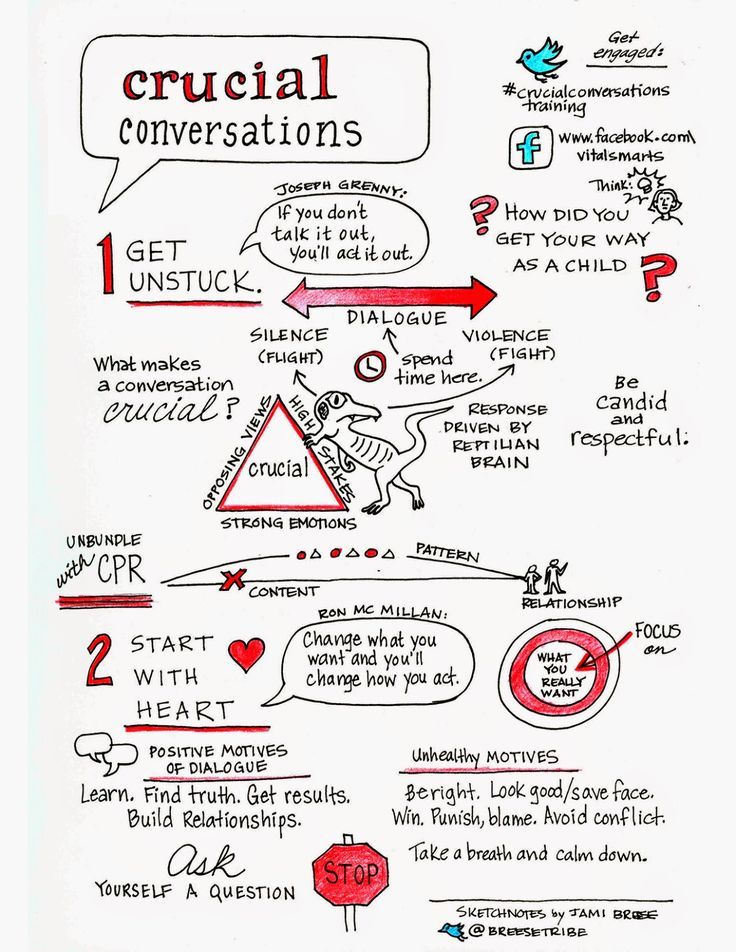 You lose your only leverage with them, and they lose something every kid needs: to know they have an adult who thinks the world of them.
You lose your only leverage with them, and they lose something every kid needs: to know they have an adult who thinks the world of them.
6. Remember that respect must be mutual.
Pretty obvious, right? But we forget this with our kids, because we know we’re supposed to be the boss. You can still set limits (and you must), but if you do it respectfully and with empathy, your child will learn both to treat others with respect and to expect to be treated respectfully himself.
Once when I became impatient with my then 3 year old, he turned to me and said “I don’t like it when you talk to me that way.” A friend who was with us said, “If he’s starting this early, you’re going to have big problems when he’s a teenager!” In fact, rather than challenging my authority, my toddler was simply asking to be treated with the dignity he had come to expect. Now a teenager, he continues to treat himself, me, and others, respectfully. And he chooses peers who treat him respectfully. Isn’t that what we all want for our kids?
And he chooses peers who treat him respectfully. Isn’t that what we all want for our kids?
7. Think of relationships as the slow accretion of daily interactions.
You don’t have to do anything special to build a relationship with your child. The good -- and bad -- news is that every interaction creates the relationship. Grocery shopping, carpooling and bathtime matter as much as that big talk you have when there’s a problem. He doesn’t want to share his toy, or go to bed, or do his homework? How you handle it is one brick in the foundation of your permanent relationship, as well as his ideas about all relationships.
That’s one reason it’s worth thinking through any recurring interactions that get on your nerves to see how you might handle them differently. Interactions that happen more than once tend to initiate a pattern. Nagging and criticizing are no basis for a relationship with someone you love. And besides, your life is too short for you to spend it in a state of annoyance.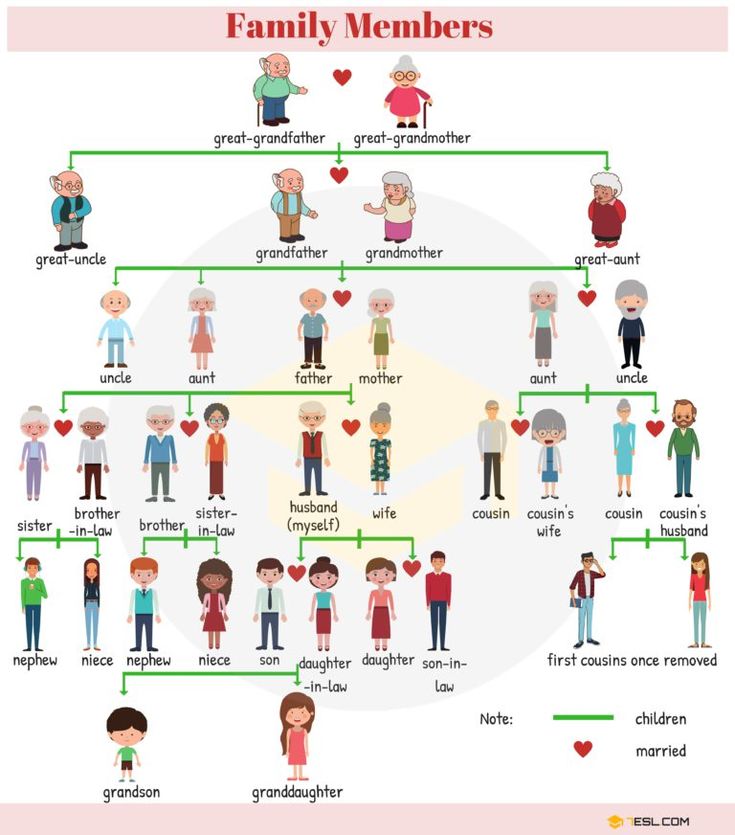
8. Communication habits start early.
Do you listen when she prattles on interminably about her friends at preschool, even when you have more important things to think about? Then she’s more likely to tell you about her interactions with boys when she’s fourteen.
It’s hard to pay attention when you’re rushing to pick up food for dinner and get home, but if you aren’t really listening, two things happen. You miss an opportunity to learn about and teach your child, and she learns that you don’t really listen so there’s not much point in talking.
9. Don't take it personally.
Your teenager slams the door to her bedroom. Your ten year old huffs "Mom, you never understand!" Your four year old screams "I hate you, Daddy!" What's the most important thing to remember? DON'T TAKE IT PERSONALLY! This isn't primarily about you, it's about them: their tangled up feelings, their difficulty controlling themselves, their immature ability to understand and express their emotions.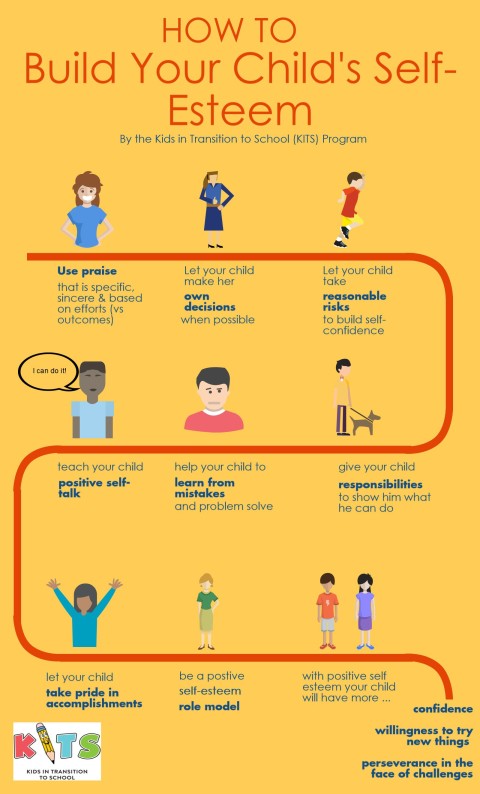 Taking it personally wounds you, which means you do what we all do when hurt: either close off, or lash out, or both. Which just worsens a tough situation for all concerned.
Taking it personally wounds you, which means you do what we all do when hurt: either close off, or lash out, or both. Which just worsens a tough situation for all concerned.
Remembering not to take it personally means you:
- Take a deep breath
- Let the hurt go
- Remind yourself that your child does in fact love you but can't get in touch with it at the moment
- Consciously lower your voice
- Try hard to remember what it feels like to be a kid who is upset and over-reacting.
- Think through how to respond calmly and constructively.
You can still set limits, but you do it from as calm a place as you can muster. Your child will be deeply grateful, even if she can't acknowledge it at the moment.
I'm not for a minute suggesting that you let your child treat you disrespectfully. I'm suggesting you act out of love, rather than anger, as you set limits.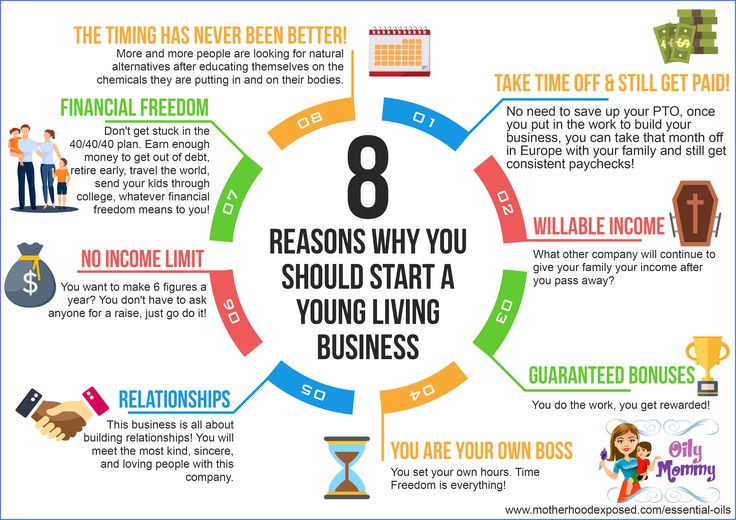 And if you're too angry to get in touch with your love at the moment, then wait.
And if you're too angry to get in touch with your love at the moment, then wait.
10. Resist the impulse to be punitive.
How would you feel about someone who hurt, threatened, or humiliated you, "for your own good"? Kids do need our guidance, but punishing your child always erodes your relationship, which makes your child misbehave more. See Positive Discipline for more info on handling your anger and setting effective limits.
11. Don’t let little rifts build up.
If something’s wrong between you, find a way to bring it up and work it through positively. Choosing to withdraw (except temporarily, strategically) when your child seems intent on driving you away is ALWAYS a mistake. Every difficulty is an opportunity to get closer or create distance.
12. Re-connect after every separation.
Parents naturally provide an anchor, or compass, for kids to attach to and stay oriented around. When they're apart from us they need a substitute, so they orient themselves around teachers, coaches, electronics, or peers.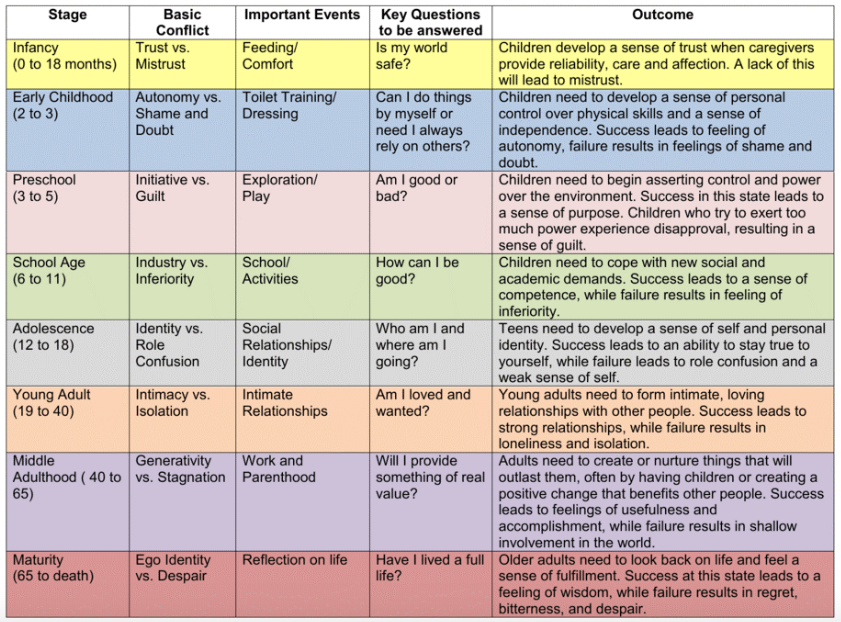 When we rejoin each other physically we need to also rejoin emotionally. Click here for ideas on staying connected to your child.
When we rejoin each other physically we need to also rejoin emotionally. Click here for ideas on staying connected to your child.
13. Stay available.
Most kids don’t keep an agenda and bring things up at a scheduled meeting. And nothing makes them clam up faster than pressing them to talk. Kids talk when something is up for them, particularly if you've proven yourself to be a good listener, but not overly attached to their opening up to you.
Being on hand when they come home is a sure-fire way to hear the highlights of the day with younger kids, and even, often, with older ones. With older kids, simply being in the same room doing something can create the opportunity for interaction. If you’re cooking dinner and she’s doing homework, for instance, or the two of you are in the car alone, there's often an opening. Of course, if one of you is hunched over the computer, the interaction is likely to be more limited. Find ways to be in proximity where you’re both potentially available, without it seeming like a demand.
Find ways to be in proximity where you’re both potentially available, without it seeming like a demand.
This may seem obvious, but stating your availability is helpful, even with teens.
"I'll be in the kitchen making dinner if you want me" or
"I have to run to the grocery store, but don't hesitate to call my cell phone if you need me."
But the most important part of staying available is a state of mind. Your child will sense your emotional availability. Parents who have close relationships with their teens often say that as their child has gotten older, they've made it a practice to drop everything else if their teen signals a desire to talk. This can be difficult if you're also handling a demanding job and other responsibilities, of course. But kids who feel that other things are more important to their parents often look elsewhere when they're emotionally needy.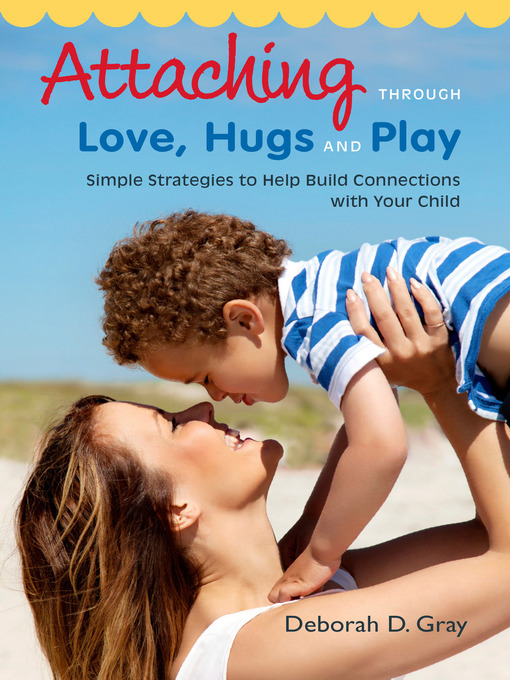 And that's our loss, as much as theirs.
And that's our loss, as much as theirs.
Click here to watch Dr. Laura's video, "How to Have More Influence With Your Child."
Communication check: how to build close relationships with children and not lose them
On May 11, in Kazan, her former student entered gymnasium No. 175 and shot 11 people, wounded 20 more. The detainee Ilnaz Galyaviyev is 19 years old, he grew up in a prosperous family and never stood out for bad behavior. He is spoken of as a quiet, non-confrontational boy who had no friends.
After tragedies like Kazan or Kerch , the question is raised again and again about why parents did not notice that something was wrong with their children. This is not only about terrorist attacks, but also about child suicides, children's destructive behavior.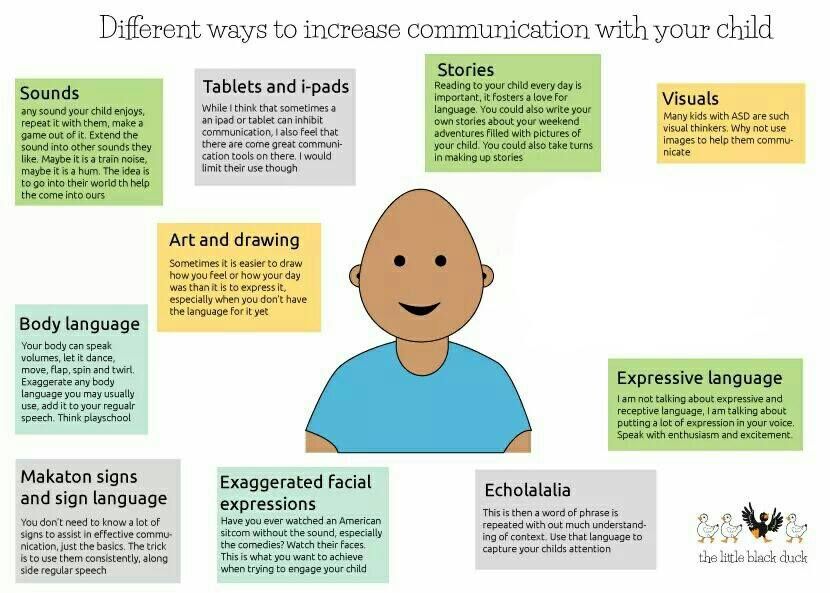 Why does an outwardly prosperous child suddenly take up arms or want to die? Are computer games, bad companies, or bullying in the classroom to blame? How and why does childhood depression develop and how can parents notice it in time? TASS talked about this with the founder of the Association of Psychiatrists and Psychologists for Evidence-Based Practice, child psychiatrist at the Center for Curative Pedagogics "Special Childhood" and the Mental Health Center Artem Novikov, psychologist Elena Machinskaya, teacher Dima Zitser and head of the program for the prevention of social orphanhood and family strengthening in Kazan " SOS Children's Villages" by Alexander Golovatenko.
Why does an outwardly prosperous child suddenly take up arms or want to die? Are computer games, bad companies, or bullying in the classroom to blame? How and why does childhood depression develop and how can parents notice it in time? TASS talked about this with the founder of the Association of Psychiatrists and Psychologists for Evidence-Based Practice, child psychiatrist at the Center for Curative Pedagogics "Special Childhood" and the Mental Health Center Artem Novikov, psychologist Elena Machinskaya, teacher Dima Zitser and head of the program for the prevention of social orphanhood and family strengthening in Kazan " SOS Children's Villages" by Alexander Golovatenko.
Supervisor - subordinate
The child was calm and obedient and suddenly responds rudely to his parents and slams the door. He always studied well and suddenly began to bring deuces. He plays shooters all day long. I contacted a group of hooligans. Came home drunk. The list of parental claims to children is extensive, but they all, as a rule, come down to one thing: the always understandable, predictable and controllable child suddenly ceased to be such.
Teacher Dima Zitser believes that the word "suddenly" is superfluous here: in fact, destructive or aggressive behavior always has prerequisites and reasons, and you can notice them only if the parents and the child have formed a trusting, close relationship.
"So that the child with whom you have a connection and mutual understanding suddenly changes dramatically - this does not happen. But we should decide what we call a good relationship with the child. If they are built in such a way that the parent needs to the child was somehow shod and dressed, went to school, didn’t bring a deuce, answered his usual “normal” to the question “how are you at school?”, didn’t create any problems, of course, it will end badly. Almost guaranteed. such a model of relations, when the parent is the boss, and the child is the subordinate, this will inevitably end in a break - sooner, later, in a tougher form, with scandals or not, but this will happen
If an adult and a child do not have a strong bilateral relationship, a warm relationship, in adolescence he will no longer perceive his parents as people who can be trusted, come with his misfortune or joy.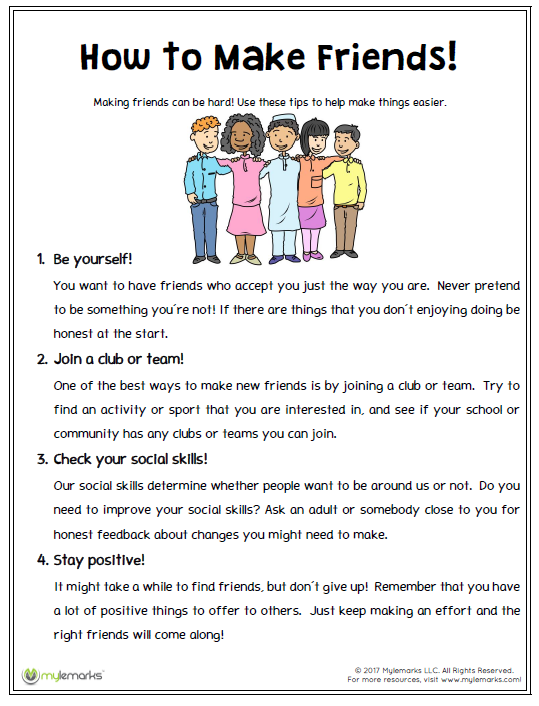
"How to understand what partnerships are?" says Dima Zitser. "Think about your relationship with your favorite adults: with your husband, wife, sister, close friends. Why do we call one friend and not another? Imagine that you ask a friend how you are, but you never tell how you are. How long will you remain friends? Partnership involves multi-vector communication. If you want your child to share with you you, he will not trust you. We can warn about the danger as much as we like, but if the child does not believe the parent, he will do it anyway. If he knows that it is better not to talk with adults, because it will be worse, then in a situation of trouble he will not will come to his parents and not trust. Building contact between close people implies that I can come to my mother and say: Mom, something is happening to me. And I don’t know what to do. Nobody becomes rude and aggressive just like that, this I can guarantee. And if I am a helping and supportive adult, then I will have the tools to help the child, to convince him that it will get better, not worse, if he follows my advice. 0007
0007
Often, unable to cope with the behavior of the child, the parent seeks to influence him with prohibitions and manipulations. Tries to look for the causes of behavior anywhere, but not in the family. Experts warn that this is initially a false path.
They are trying to impose on us such a point of view that children have simply become such scoundrels, that such a generation has simply grown up - because of computer games, because of something else. Guys, it's not about that at all.
Dima Zitser
teacher
Alexander Golovatenko, head of the social orphanhood prevention and family strengthening program in the Republic of Tatarstan of the SOS Children's Villages charitable organization, works with children with problematic behavior, including those from disadvantaged families.
"I know many teenagers with deviant behavior and I can safely say that 99 percent of them are great guys. They are good, cool guys who interpret their lives absolutely correctly, they can listen and understand if you talk to them. But most say, that they almost never talk to them at home, "says Alexander. The easiest way is to shift all responsibility onto a teenager, remove it from the family, from home, from school, from teachers. After all, he is bad, lazy, aggressive."
But most say, that they almost never talk to them at home, "says Alexander. The easiest way is to shift all responsibility onto a teenager, remove it from the family, from home, from school, from teachers. After all, he is bad, lazy, aggressive."
"If you don't do it, then I..."
Manipulation is the most common tool parents use when they can't handle their child. They sound quite familiar: “If you don’t eat soup, you won’t get sweets,” “If you don’t wash the dishes, you won’t go for a walk.” The parent punishes the child with silence, ignoring, does not take him to visit where he has friends, behaves emphatically coldly.
Oleksandr Golovatenko notes that all these popular methods of influence are in fact variants of moral violence. They teach the child not to do what is required of him, but to deceive, find workarounds to avoid punishment, in addition, they form the wrong behavior model that the child will use in the future in relationships with loved ones.
"We at the SOS Children's Villages organization conducted an anonymous statistical study of the presence of domestic violence at the beginning of the pandemic in eight regions of Russia.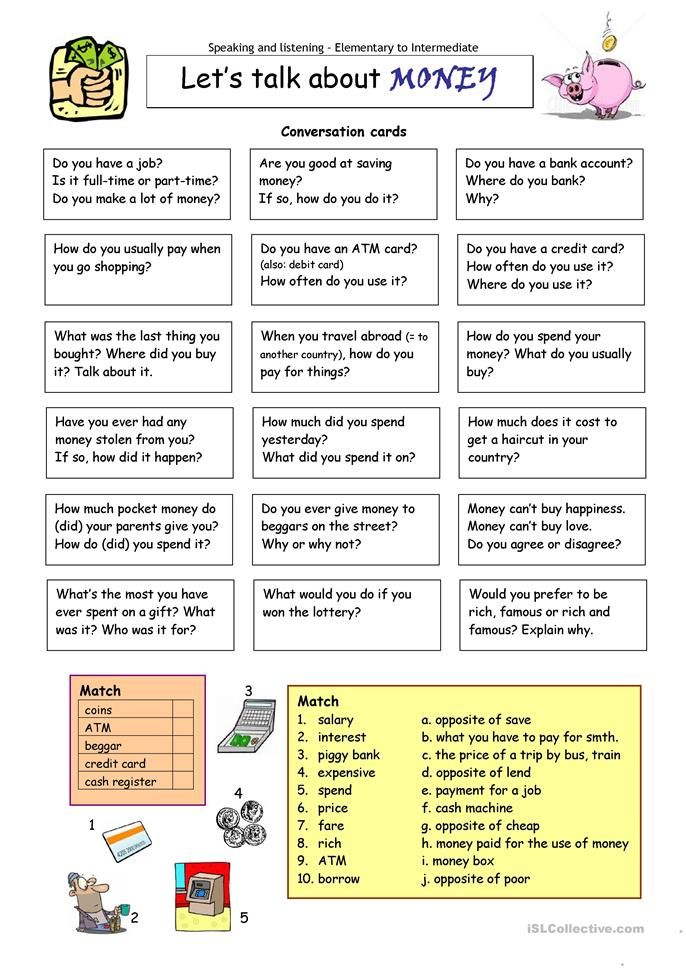 We found that there is almost no physical violence in families. It is clear that such results were obtained because the parents did not tell the truth. Psychological abuse - manipulation, deprivation of walks, the Internet, communication with your grandmother, with friends - is very widespread. We try to discuss with parents with such surveys, discuss whether it is possible to avoid such behavior, how to behave in difficult situations, how to build relationships with a child. Because parents were often brought up that way. The fact that the topic of violence in families, not only physical, but also moral, is raised is already a step forward."
We found that there is almost no physical violence in families. It is clear that such results were obtained because the parents did not tell the truth. Psychological abuse - manipulation, deprivation of walks, the Internet, communication with your grandmother, with friends - is very widespread. We try to discuss with parents with such surveys, discuss whether it is possible to avoid such behavior, how to behave in difficult situations, how to build relationships with a child. Because parents were often brought up that way. The fact that the topic of violence in families, not only physical, but also moral, is raised is already a step forward."
Read also
"I felt like a hostage": how to survive in postpartum depression
Educator Dima Zitser says that punishment undermines a child's faith in a parent from early childhood, although in the first seven years it is not so easy to do, because mom and dad for the baby - the gods, they enjoy absolute authority.
"Here, a mother punishes a three-year-old child for not collecting toys in the room, instead of simply putting them away with him.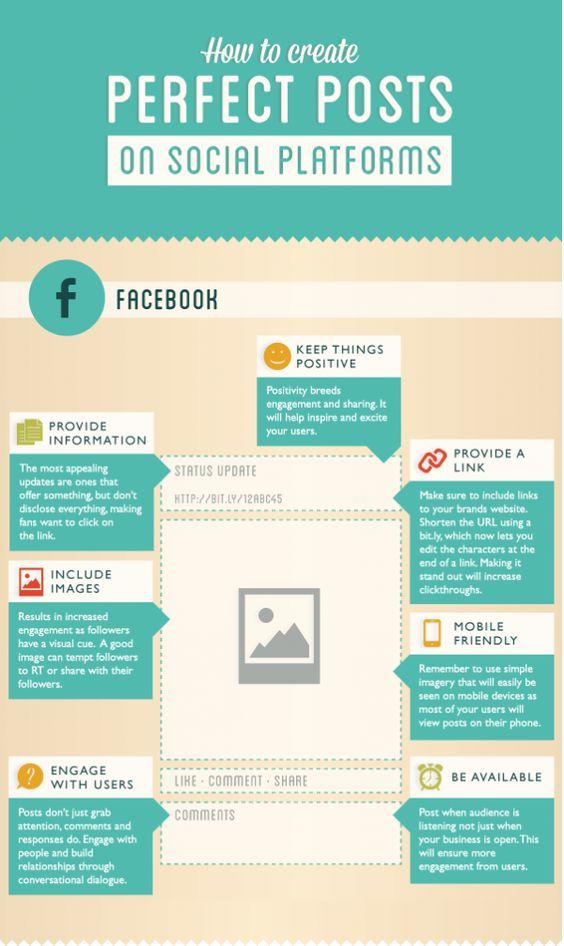 Put away one, two, five, fifteen - the child will be happy to do this with his mother and, looking or, for example, a child walked into a room in shoes, forgot to take off his shoes, or didn’t put on slippers. And that’s all – punishment, reprimand, deprivation of cartoons, ultimatums. "Will you deprive him of dinner or turn off his football? Make a rule in the house that no one walks in the apartment in outdoor shoes. Neither mom, nor dad, nor grandmother. Explain why. It's called family culture. If you forget to put on slippers, well, pay attention jokingly, say: "Oh, my little one, let me put them on for you myself." And you will laugh, and after that the child will remember what you want from him, better than if you deprive him of the cartoon ".
Put away one, two, five, fifteen - the child will be happy to do this with his mother and, looking or, for example, a child walked into a room in shoes, forgot to take off his shoes, or didn’t put on slippers. And that’s all – punishment, reprimand, deprivation of cartoons, ultimatums. "Will you deprive him of dinner or turn off his football? Make a rule in the house that no one walks in the apartment in outdoor shoes. Neither mom, nor dad, nor grandmother. Explain why. It's called family culture. If you forget to put on slippers, well, pay attention jokingly, say: "Oh, my little one, let me put them on for you myself." And you will laugh, and after that the child will remember what you want from him, better than if you deprive him of the cartoon ".
At the same time, it is important to remember that in partnerships, the responsibility for the child is still on the adult, says child psychiatrist Artem Novikov.
"You can't shift part of your responsibility onto a child. There are situations in which you just need to say" no ", which we do only this way and nothing else.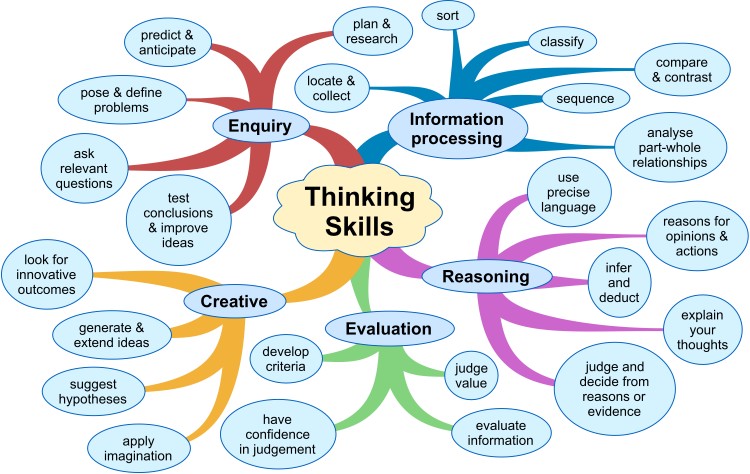 Yes, you need to explain why, but this should not be at the discretion of the child. We are talking about prophetic concerning his health and safety. For example, there is a rule - you never talk or leave with strangers when mom or dad is not around. You never cross the road without looking around. You don’t run out onto the road. You can conditionally divide for yourself on the red, orange and green light, the behavior and actions that we are talking about: this is not discussed at all for this reason, this is what I am ready to discuss, and here you can do as you want.
Yes, you need to explain why, but this should not be at the discretion of the child. We are talking about prophetic concerning his health and safety. For example, there is a rule - you never talk or leave with strangers when mom or dad is not around. You never cross the road without looking around. You don’t run out onto the road. You can conditionally divide for yourself on the red, orange and green light, the behavior and actions that we are talking about: this is not discussed at all for this reason, this is what I am ready to discuss, and here you can do as you want.
Gingerbread, not a stick
Building a system of house rules will help to get away from manipulations in education, child psychologist Elena Machinskaya believes. But in order for this method to work, it is important that all family members observe them.
Punishment loosens the psyche and is neither a method of correction, nor a method of assistance, nor a method of raising a child. When we pronounce the general rules of the house, everything works differently.When these rules are followed, all family members have some kind of bonuses. The rules are set depending on what problems the family has, what traditions
I had a case where a mother complained that her little children behaved very badly at the table while eating, to the point of putting their feet on the table. I advised to make a rule that only those who behave well eat at the common table, that it is forbidden for everyone to put their feet on the table - not only for them, but also for mom and dad. And who does not comply with this rule, he eats at a separate table. If you want to eat with the whole family, follow the rule. If mom or dad behaves indecently while eating, they will also eat separately. If you follow the rule, we will all have dinner together. In such a situation, the child is not punished, they are not shouted at, they are not put in a corner, they are not humiliated, but he learns to follow the norms of behavior. After all, a child wants to be like adults and with adults.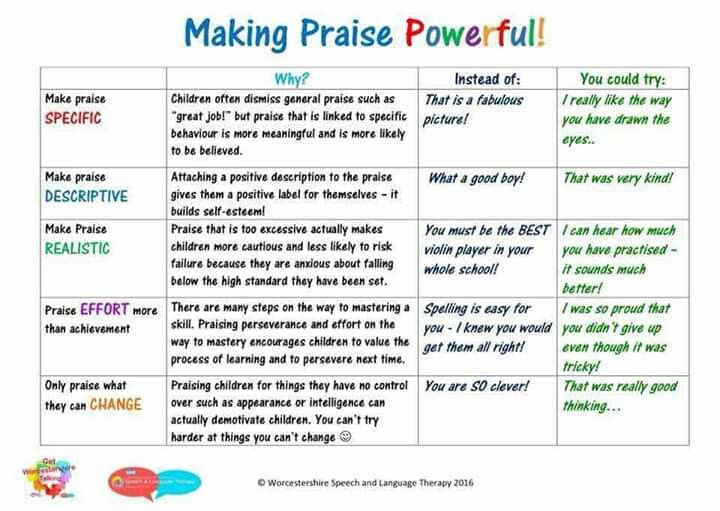 0007
0007
The reward system is also effective, not the punishment system. It works in reverse: instead of "if you don't do this, you won't get what you want" - "if you do this, you will get something nice."
“Such a system also works with adults. People who receive bonuses for a job well done work more efficiently than those who are fined for mistakes,” explains Elena Machinskaya. "something or, on the contrary, to be naughty. But the parent also has the right in such a situation not to reward him. The reward can be a cartoon, a game, a trip to some interesting place. Not sweet, not food. It is better not to make the reward material, not to buy endless toys.
See also
"I want to strip my body off like pantyhose." Life with an eating disorder
At the same time, the psychologist notes, it is important not to deprive the child of the basic things, of what is already in his life. You don’t need to deprive yourself of a walk, a swim, a dessert or a delicious afternoon snack, a date with relatives, for example, with your grandmother, reading at night if the family has a tradition of reading before bed. If a parent broke loose and yelled at the child, answered him rudely or brushed him off when he came with some kind of request or problem, it is important to be able to ask for forgiveness, teacher Dima Zitser believes.
If a parent broke loose and yelled at the child, answered him rudely or brushed him off when he came with some kind of request or problem, it is important to be able to ask for forgiveness, teacher Dima Zitser believes.
"Yes, we have the right to be irritated, we have the right to be angry. But man differs from the animal in free will, which suggests that I can do something about it. Next time, in order not to yell, just inhale. Unclench your fists, drink water, you can leave the room. Why am I talking about breathing - because in a hundred percent of cases you do not breathe at such moments. We catch our breath when we scream. It doesn’t matter that we have a small person in front of us, we communicate with him as with a person, respecting him. If we feel that we are to blame, we ask for forgiveness. And at this moment he is learning that mom or dad is alive, learning how to act if you feel that you have done nonsense. "
Signals for help
Most parents are afraid of metamorphosis and problems with their teenage children, but it is possible to notice alarming signals in a child's behavior in time already at preschool age, says Artem Novikov, a child psychiatrist at the Center for Curative Pedagogics "Special Childhood" and the Mental Health Center.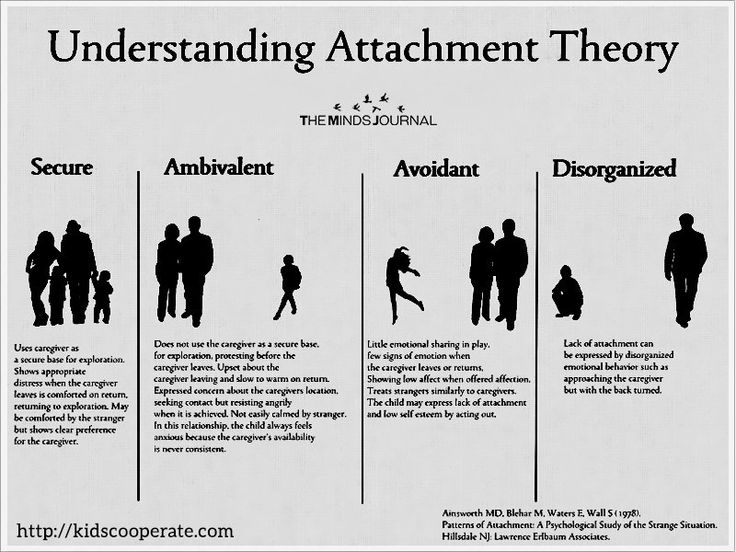
"Often, teenagers with depression or anxiety disorder come to the appointment. And parents say that in childhood there were no problems with these children at all. But when you start asking for details, it turns out that the alarm bells have been there for a long time. When I put preteen children depression, parents are surprised: how can a child have it at all, does this happen? After all, he rejoices, jumps. But a child of five or six years old can also have suicidal thoughts, he will simply express them differently than a teenager.0007
When we talk about suicidal thoughts, we imagine that children are sitting in well-known groups on social networks, having certain conversations. And children of five or seven years old don't do anything like that, but they may try not to breathe. Say: "Why was I born?", "I wish I hadn't been born", "No one loves me."
An early diagnosis of the disorder, when it is much easier for doctors to deal with, is more likely to avoid more serious problems in adolescence.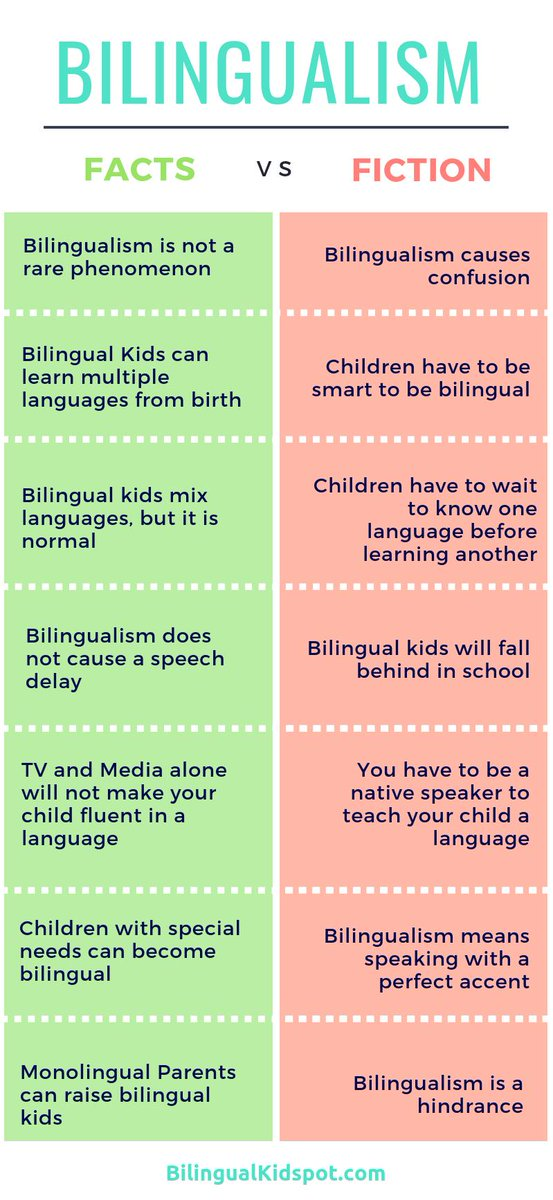 In the absence of help, on the contrary, the child's condition may worsen sharply in the puberty period, and then children's suicidal thoughts, which rarely lead to tragedy in elementary school students, can become more serious.
In the absence of help, on the contrary, the child's condition may worsen sharply in the puberty period, and then children's suicidal thoughts, which rarely lead to tragedy in elementary school students, can become more serious.
"If we notice it early, then the impact will be as neutral as possible, mainly through psychotherapy," explains the psychiatrist.
The parent should be alerted by the child's too painful experience of failures, his desire to do everything "perfectly", obsessive fears after some experienced events. For example, a neighbor’s apartment was robbed, and the child is constantly worried and asks: “What if thieves get to us?”
Read also
Perfectionist, hypersensitive, indifferent: why do we become like this
"The ideal child in the mass representation is bad," Artem Novikov explains. And those who always behave perfectly, do all the lessons, in my practice these are highly anxious children, and by adolescence, when, in folk terms, the nervous system is depleted, they become depressed or suffer from an anxiety disorder.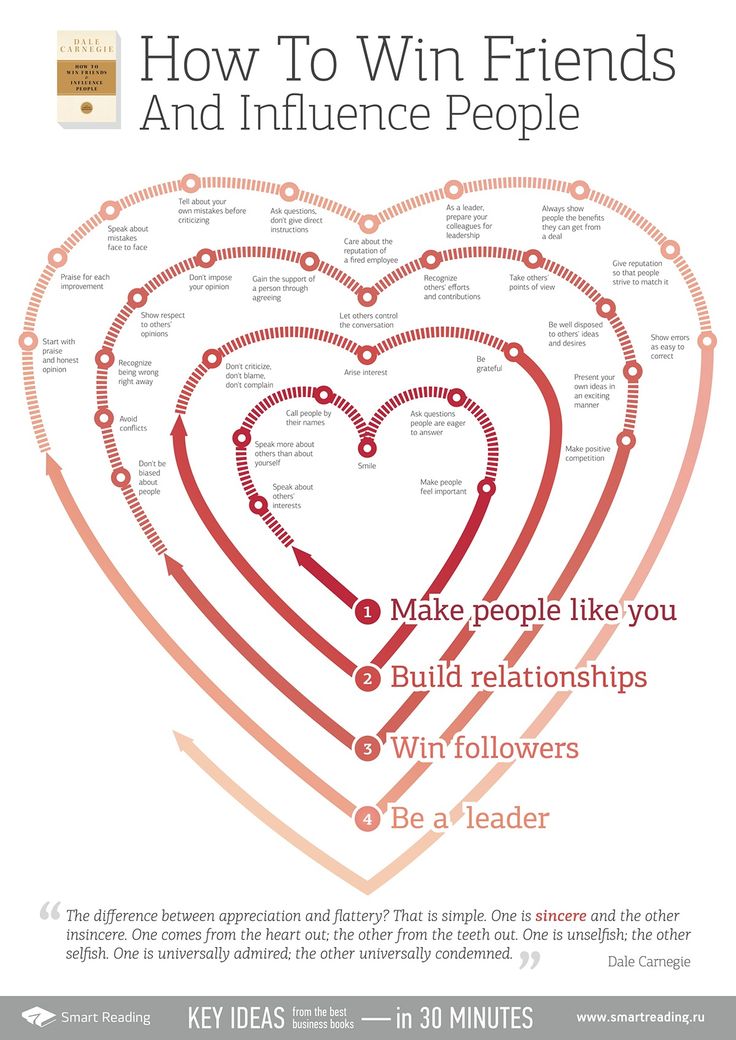
According to child psychologist Elena Machinskaya, in adolescence, children most often become either demonstrative or withdrawn. The former try to stand out, dress brightly and provocatively, violently express their emotions, quarrel, become aggressive, and argue. The latter become withdrawn, as if hiding - they cover themselves with hoods, wear voluminous clothes, communicate little with their peers, spend a lot of time on the Web, in their room, they form a circle of their interests, which they do not devote their parents to.
"Such children bring few problems," says Elena, "But the most dangerous group is the quiet ones. They take everything hard inside. Their emotions do not come out, and the parent cannot guess what is going on in his soul. There are more suicides quiet children are susceptible. When a child is in conflict, he gives vent to his emotions, sheds negativity. Then it is easier for us to notice that the child has depression, suicidal thoughts."
Computer games, which are so often blamed for the formation of deviant behavior in children, often become a way to relieve internal stress, says child psychiatrist Artem Novikov. If the child began to play too much, you need to understand that games are not the cause of the problem, but only its symptom. Its essence lies, as a rule, in a completely different way - in trouble with classmates, in unrequited love, in problems in the family, in depression.
If the child began to play too much, you need to understand that games are not the cause of the problem, but only its symptom. Its essence lies, as a rule, in a completely different way - in trouble with classmates, in unrequited love, in problems in the family, in depression.
A teenager's depressive state is indicated by a sharp decrease or increase in appetite, sleep disturbance, apathy, and indifference to what he used to love. You need to be wary if scars or other injuries appear on the child’s body - the so-called self-harm, he speaks of auto-aggression. Listen to what the child says, do not skip the phrases "I am worthless", "I am unnecessary", "I want to die
"If a child says that he does not want to live, that they do not understand him, if appetite changes, sleep - this is a reason to run to a psychiatrist, and not brush it off with the words: "Don't talk nonsense!", "What do you lack for happiness?" Elena Machinskaya explains. - It is necessary to raise this topic, talk about it, and not hush it up.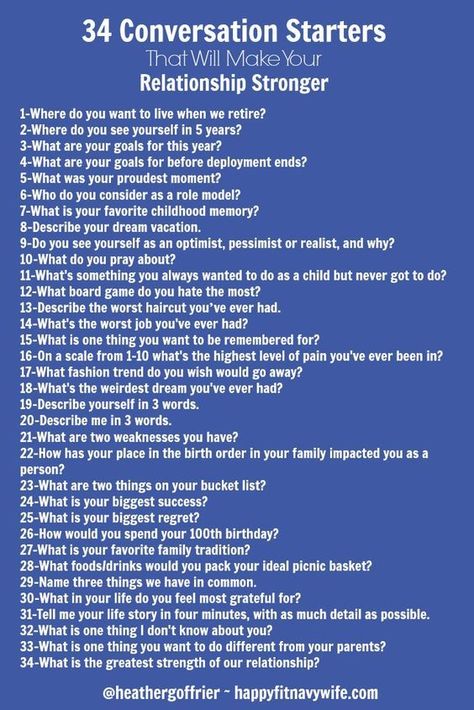 Telling a depressed person "life is great" is useless. He doesn't feel that way at the moment. These arguments will not bring any effect. Luckily, teen depression can be treated fairly well if it's not left to its own devices. Teenage depression isn't about "go out" or "go find yourself a girlfriend" or "sign up for football." If a person feels bad, he cannot get up and go to enroll in a sports section or find a girlfriend. This is not a bad mood, not nonsense, but a disease. And if you force him to go somewhere at this moment, you will most likely worsen his condition. "
Telling a depressed person "life is great" is useless. He doesn't feel that way at the moment. These arguments will not bring any effect. Luckily, teen depression can be treated fairly well if it's not left to its own devices. Teenage depression isn't about "go out" or "go find yourself a girlfriend" or "sign up for football." If a person feels bad, he cannot get up and go to enroll in a sports section or find a girlfriend. This is not a bad mood, not nonsense, but a disease. And if you force him to go somewhere at this moment, you will most likely worsen his condition. "
See also
"I was bullied, I was bullying." Victims, a witness and an instigator of bullying remember how it was
"If we notice something, we need to understand why he does it," says Artem Novikov. the child is not going to do anything with himself, but simply manipulates you, you need to understand why he is doing this. Why is he threatening? Why is he sitting in these groups? How does he feel when he sits there, does it help him? Talk to the child sincerely and openly "We stop talking to children at some point. And the child stops talking to us. Partly because we have our own opinion on everything. For example, the mother condemned the interests of the child, told the child that the conditional "Roblox" is a bad game , "Minecraft" - even worse. If a child comes and tells you about Morgenstern - well, talk about him, find out why he thinks he is cool and cool. "But he swears - why do you like it? And anyway, why did he eat his grandfather? How do you understand that?"0007
And the child stops talking to us. Partly because we have our own opinion on everything. For example, the mother condemned the interests of the child, told the child that the conditional "Roblox" is a bad game , "Minecraft" - even worse. If a child comes and tells you about Morgenstern - well, talk about him, find out why he thinks he is cool and cool. "But he swears - why do you like it? And anyway, why did he eat his grandfather? How do you understand that?"0007
If an adult sees disturbing symptoms in a child's behavior, but the child refuses the help of a psychologist, parents should go to therapy - even remotely, through adults, the child can be helped.
Child psychiatrist Artem Novikov says that in Russia it is not customary to go to a psychiatrist unless absolutely necessary. All the attention of parents is usually directed to the physical, and not to the mental health of the child.
"Somatocentricity is a problem not only in Russia, it exists in other countries as well," says the doctor.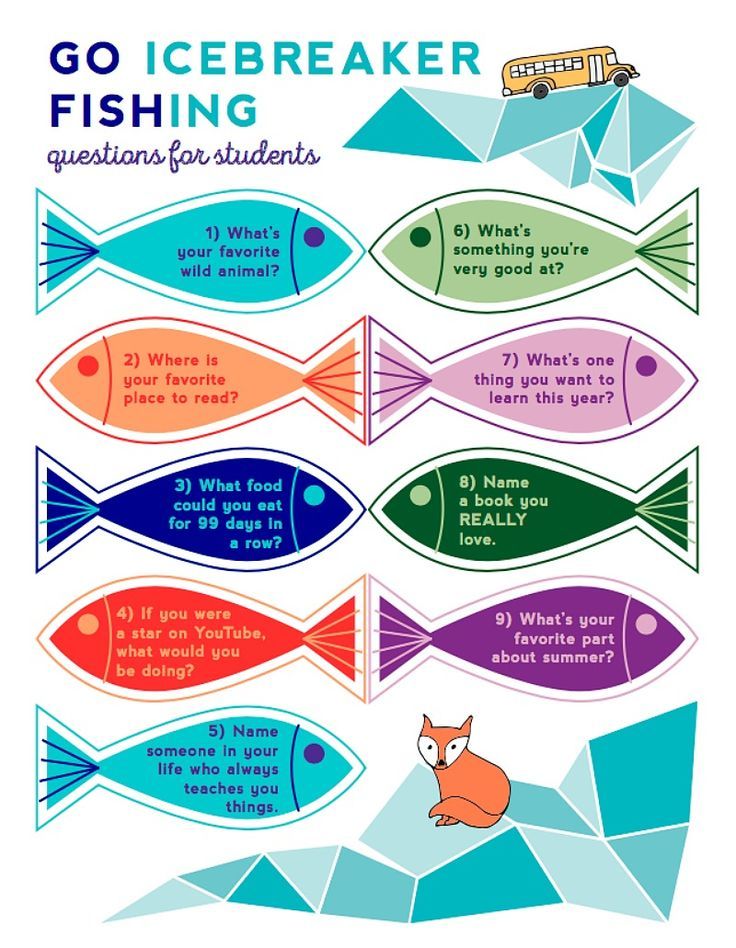 "Parents monitor physical health, go with their child to an ENT specialist, a gastroenterologist, we treat somatics, but we completely forget mental, psychiatric. Parents often believe that they go to a psychiatrist only if a person has schizophrenia. That any psychiatric diagnosis is a horror-horror. If a child is diagnosed, parents despair, although it is better to diagnose at an early age than in adolescence. If you are in doubt about the diagnosis, get a second opinion. Trust the opinion of qualified doctors and do not look for answers in the forums. Medicine should not be curative, but preventive, and in psychiatry this is extremely important. be prepared in advance.So read specialized books, do not exclude psychological training and family therapy.Just do not forget that you need to contact qualified professionals with a good reputation.
"Parents monitor physical health, go with their child to an ENT specialist, a gastroenterologist, we treat somatics, but we completely forget mental, psychiatric. Parents often believe that they go to a psychiatrist only if a person has schizophrenia. That any psychiatric diagnosis is a horror-horror. If a child is diagnosed, parents despair, although it is better to diagnose at an early age than in adolescence. If you are in doubt about the diagnosis, get a second opinion. Trust the opinion of qualified doctors and do not look for answers in the forums. Medicine should not be curative, but preventive, and in psychiatry this is extremely important. be prepared in advance.So read specialized books, do not exclude psychological training and family therapy.Just do not forget that you need to contact qualified professionals with a good reputation.
Tips and theories, of course, great, but each child needs his own individual approach. Build your relationship with the child, give him more time, interest the world around him, talk about everything, treat him as an equal, but remember that you must remain an authority and an example in his eyes.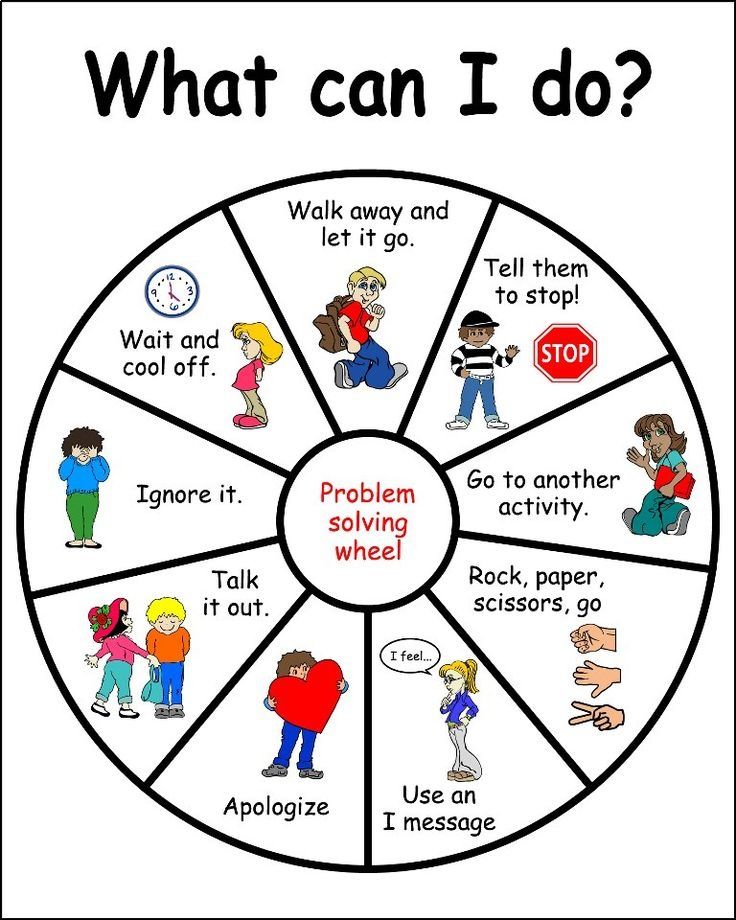 We offer you some tips, using which you can build a harmonious relationship with your child:
We offer you some tips, using which you can build a harmonious relationship with your child:
Never yell at your child, let alone raise your hand to him.
Remember, screaming and slapping is a signal of helplessness and weakness. A child can be forgiven for crying, because he is small and helpless. But how to justify the cry (and even more so the raising of the hand) of an adult? Children perceive screaming parents as insecure, unstable people, which makes them scared. The child gets used to emotional reactions and uses them himself, so he starts crying, kicking the floor, falling into hysterics. In most cases, emotional instability occurs in children whose parents do not know how to control themselves. Here are some tips on what to do about it:
1. Negotiate with the child. If his refusals (to go out, eat, go to school) make you hysterical, make him an offer he can't refuse. For example: if he quickly gets ready for a walk, then today he will be able to watch cartoons not for an hour, but for an hour and a half.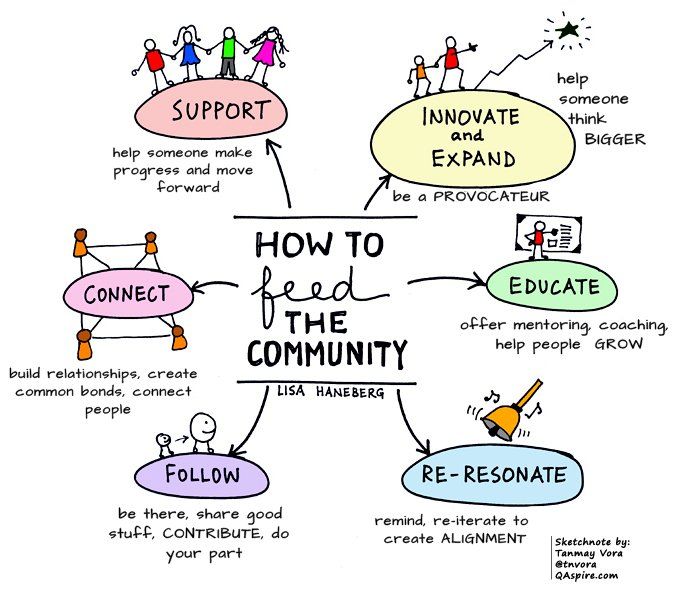
2. Don't react. The vast majority of children's tantrums are absolutely demonstrative. So the child tries to evoke emotions in the parents. And you show that you are not interested and go about your business. For example, read a magazine or book until your baby calms down.
3. Try to distract the child. The worst thing for parents is when a child starts to fall into a tantrum in a public place. It is very difficult to control yourself when you see judgmental looks around you. But it is necessary. Firstly, whatever the problem is, calm down yourself, take a deep breath, count to 10. Secondly, in this case, the advice “do not react” is also relevant and try to continue on your way. But often this is almost impossible, because the child can break out. Then stop, be silent for a while, and then start telling the child some exciting story. He screams and kicks, and you tell him quietly about the uprising of machines. Or show him something interesting that will definitely distract him.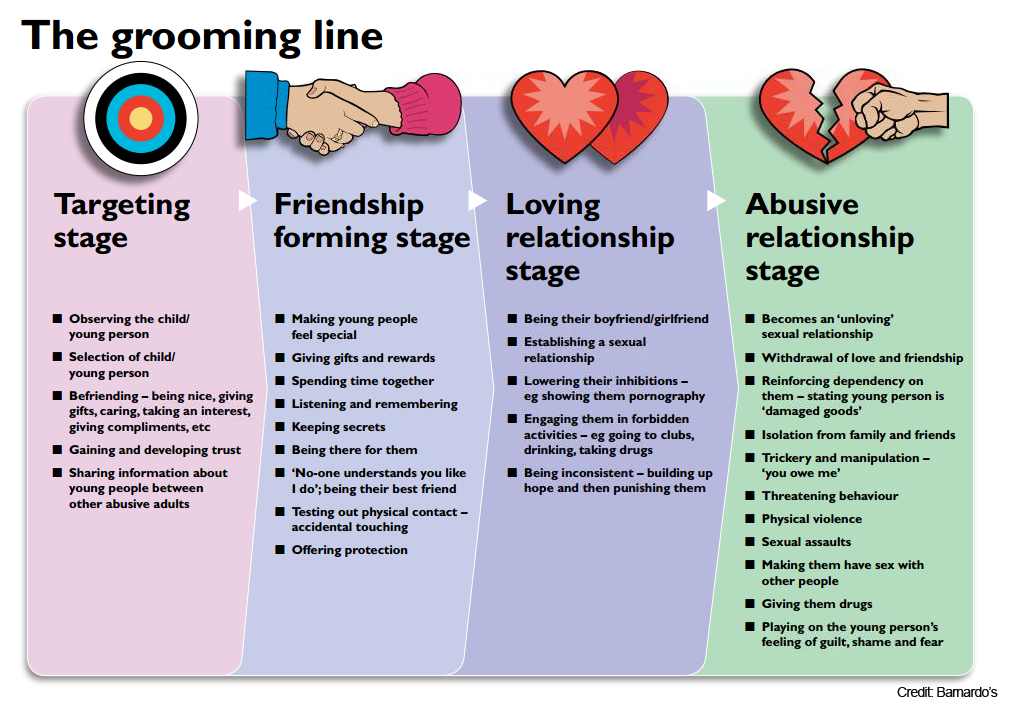 Of course, this may not always help, but perhaps over time, through trial and error, you will develop your own tactics.
Of course, this may not always help, but perhaps over time, through trial and error, you will develop your own tactics.
Accept that your child has a life of his own.
Over time, your child develops friends, crushes, company, interests, and so on. Parents love to control all this, and sometimes start interrogations on the subject of “what kind of boy is this” and “where does his dad work”. Children, like adults, are not thrilled that the most intimate details of their relationships with peers are the subject of discussion. If you want your child to share their personal experiences and tell you about new acquaintances, start with yourself:
1. Establish friendly contact with your child. Try to speak not in a serious tone or moralizing, but easily and naturally. Just ask: "Well, how are your new friends?". If he wants to, he will tell, if he doesn’t want to, leave this topic for a while. And you can return to it, for example, after a few days: “Today I saw you walking along with a pretty girl / how you and your friends laughed at something (at what?)” or “Your friend seems serious young man”… Even if this is not the case, your child will refute it himself, and so a long confidential conversation can begin.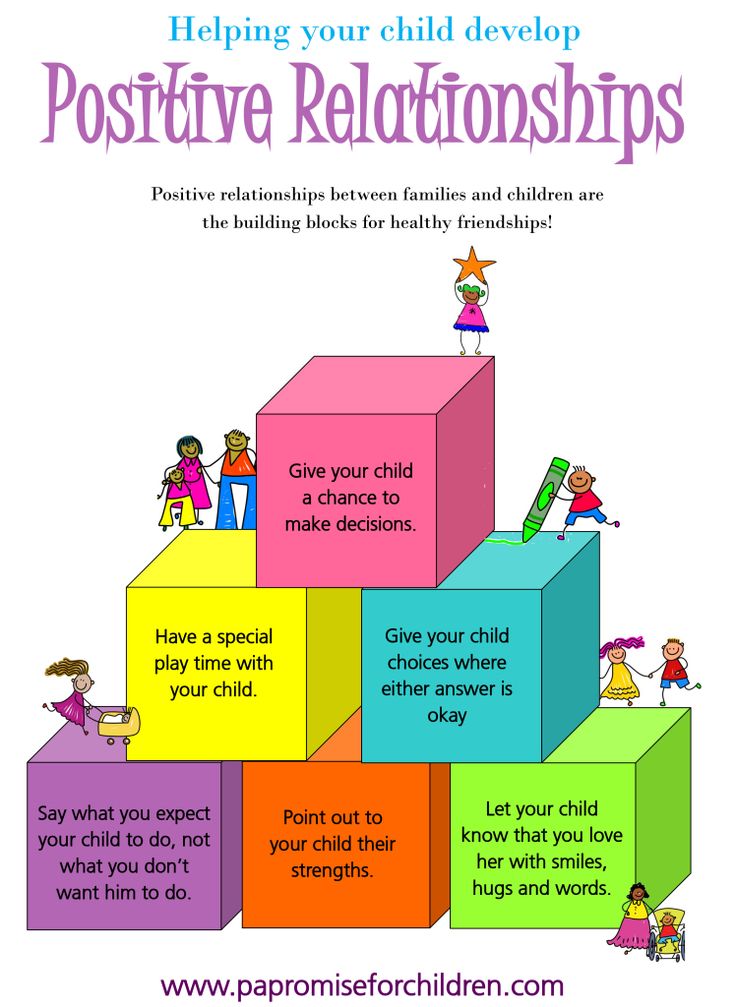
2. Try never to speak badly about your child's friends. This will undermine his trust in you and in his own friends. If you are still sure that the company is bad, try to talk about it in a situation that is comfortable for both of you. Find out why these people attract your child, try to find an alternative. And remember, a ban without any trial is the worst option.
3. Let your child have their own space. Do not read his diaries, correspondence, enter his room only with a knock. Show your respectful attitude and the child will begin to respect your opinion. For children, personal territory is very important - otherwise they grow up neurotic.
4. And the hardest part for many parents is don't be afraid of your teenage child's emerging sexuality and don't interfere in his first serious relationship. Here you need to be extremely careful, because any wrong step can have disastrous consequences. Ideally, of course, make friends with the object of his love.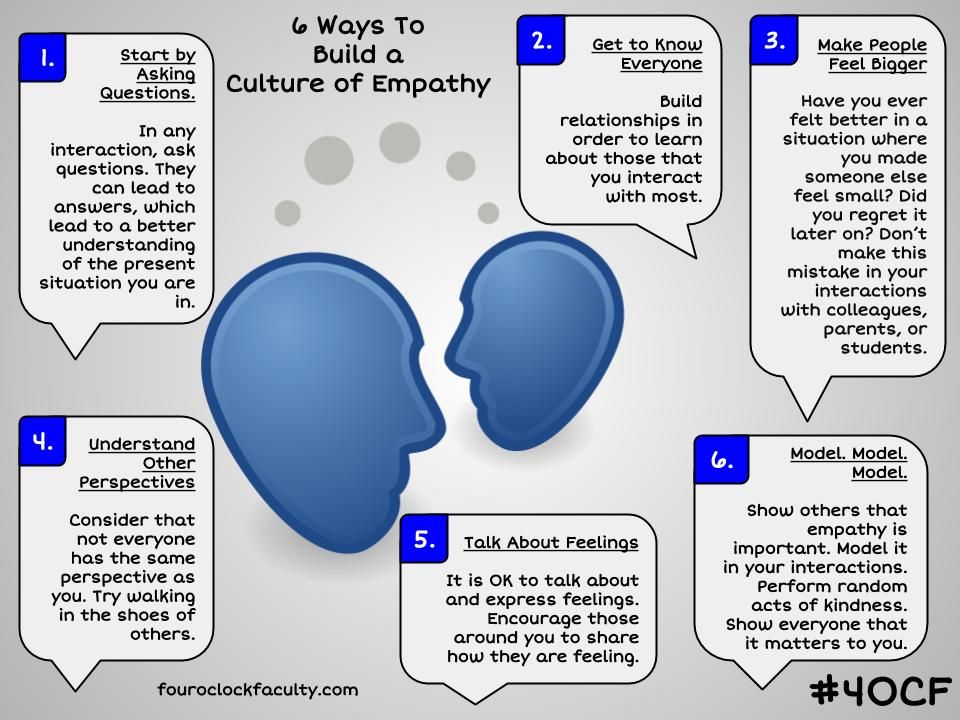 Invite them home, spend a little time together over a cup of tea, let them close in the room. This is fine. Of course, be sure to give your child full information about sexual relationships, contraceptives, the consequences of unprotected sex, and so on. And remember - the correct presentation of information is the key to its correct assimilation.
Invite them home, spend a little time together over a cup of tea, let them close in the room. This is fine. Of course, be sure to give your child full information about sexual relationships, contraceptives, the consequences of unprotected sex, and so on. And remember - the correct presentation of information is the key to its correct assimilation.
Do not pressure your child and do not try to make him a genius.
This point may seem controversial to many. Psychologists believe that parental ambition is firmly rooted in our mentality. For many parents, school success is a reflection of their own victories. Unfulfillment in life makes such fathers and mothers firmly believe that the child must be "the very best." But the pressure put on him will play a cruel joke with the child: in the future he will not learn to be responsible for himself, either he will rebel, or he will grow in himself the need to obligingly please everyone. And remember, “genius” is not synonymous with “happiness. ”
”
Instead of requirements:
1. Accept the child as he is. Let him not rise above the “triples”, and the gold medal does not shine for him, but he has other talents. Find out what interests him, what he does best, and guide him along that path.
2. Build the right psychology: learning is the responsibility of the child. The sooner responsibility for assessments hangs on his shoulders, the more independent and stronger he will become in the future. Teaching is the same job. You strive to ensure that your work is interesting to you and brings results. You also need to set up your child to study.
3. Let your child have the opportunity to always turn to you for help, but never impose it and do not try to do everything for him. It is better to discuss together read works, physical phenomena, chemical experiments, geographical discoveries. Give the child some additional interesting information, then his basic knowledge will fit better.
4. Don't fixate your child on grades.





